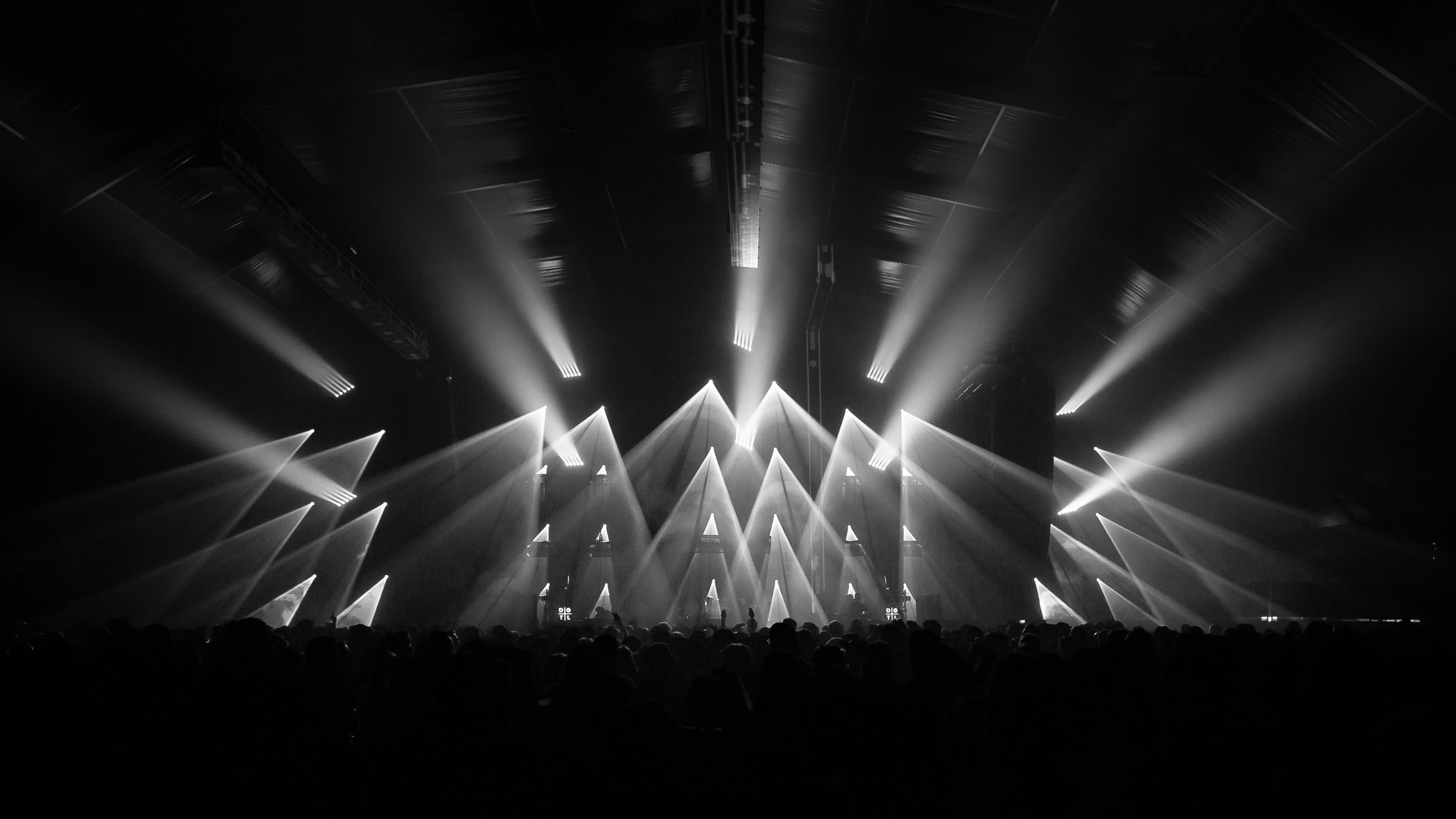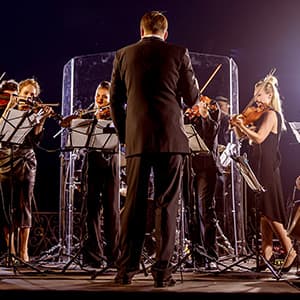

Bartok Tickets
Up to 30% Off Compared to Competitors.
Location: Select Location (e.g, New York)
Events Nearby
We're Sorry. There are currently no events near you.
About Bartok
In recent years, Bartók's music has seen a resurgence in performance and interest, particularly in the concert hall setting. Major symphony orchestras and chamber ensembles around the world regularly include his works in their repertoires, celebrating his contributions to 20th-century music. Current events highlight a series of concerts dedicated to Bartók's music, with multiple orchestras featuring his 'Concerto for Orchestra' and 'Six String Quartets' in their programs. Additionally, international festivals often showcase performances of his works alongside those of contemporary composers, demonstrating the enduring relevance of his music. In 2023, several prestigious venues, including the Berlin Philharmonie and Carnegie Hall, hosted special concerts commemorating the 75th anniversary of Bartók's passing. These events featured renowned conductors and soloists interpreting his works, providing audiences with a deep dive into his innovative techniques and emotional depth. Furthermore, with the rise of digital platforms, live-streamed performances of Bartók's compositions have reached a global audience, allowing music lovers to experience his genius from anywhere in the world. Educational initiatives also play a significant role in keeping his music alive, with workshops and masterclasses focusing on his style and techniques for young musicians. As we look forward to future concerts, it is clear that Bartók's music continues to captivate and inspire, solidifying his place as one of the great composers of the concert repertoire.
Bartok History
Béla Bartók, born on March 25, 1881, in Nagyszentmiklós, Hungary, was a seminal figure in 20th-century music, known for his contributions to ethnomusicology and modern classical music. He was not only a composer but also a pianist and an influential folklorist. His interest in folk music began early in his career, leading him to collect and transcribe the songs and melodies of rural Hungary and other Eastern European countries. This passion for folk music deeply influenced his compositions, which often combined traditional melodies with innovative harmony and rhythm. Bartók's early works were rooted in the late Romantic style, but he progressively embraced modernism, experimenting with dissonance and complex structures. His notable compositions include the 'Concerto for Orchestra,' 'Music for Strings, Percussion, and Celesta,' and various string quartets that showcase his innovative use of form and texture. Bartók also had a significant presence in live performances; he often performed his own works and those of other composers. His deep understanding of rhythm and melody translated into captivating performances that drew audiences into the world of his compositions. Throughout his life, Bartók faced political turmoil, particularly with the rise of fascism in Europe, which led him to emigrate to the United States in 1940. He continued to compose and perform until his death in 1945, leaving behind a rich legacy that continues to influence musicians and composers today.
